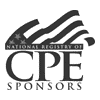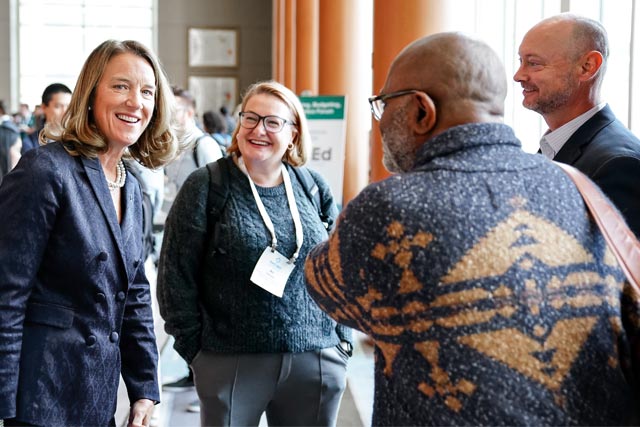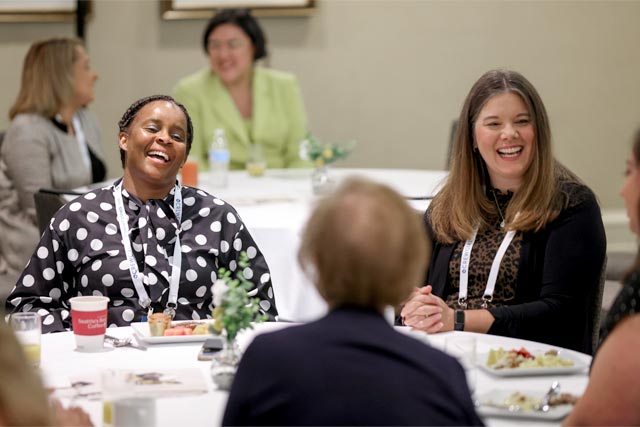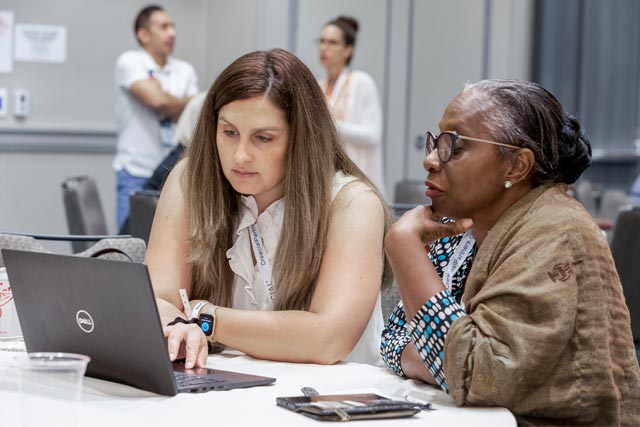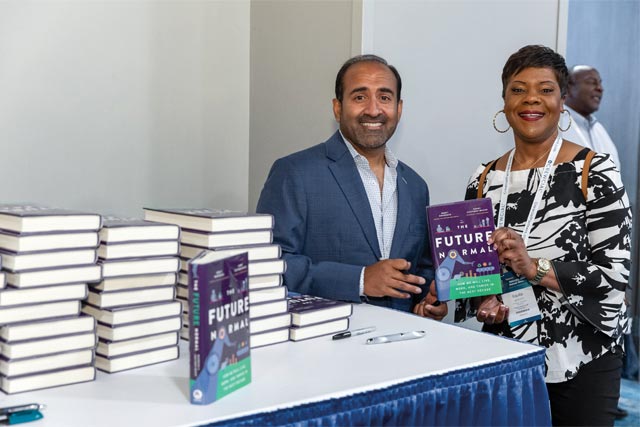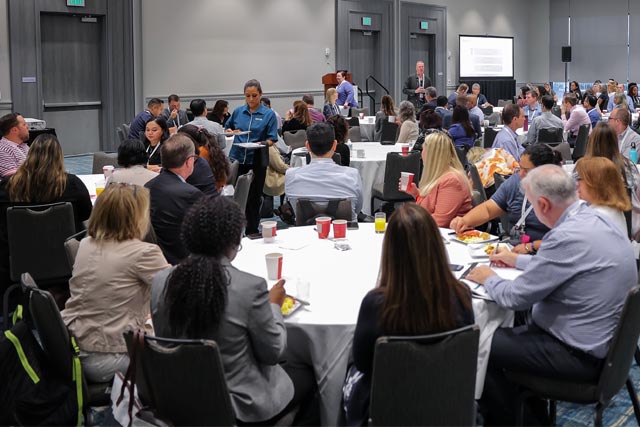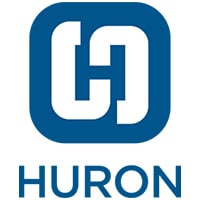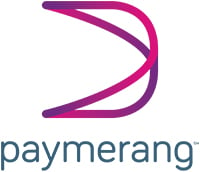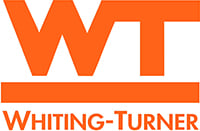NACUBO’s 2024 Annual Meeting will be held at the Lakeside Center McCormick Place. Two hotels will offer attendees a NACUBO Group Rate over the dates of the meeting.
Hotels
Marriott Marquis Chicago – Located in the city’s South Side, .4 miles from the convention center (approximately 11-minute walk), and minutes away from celebrated destinations including Grant Park and Soldier Field with wonderful views of Chicago’s skyline.
NACUBO Group Rate: $285 single/double (plus applicable taxes)
Hyatt Regency McCormick Place – Situated next to the McCormick Place Convention Center, approximately 6-minute walk, and walking distance to Chicago’s South Loop neighborhood including Wintrust Arena with impressive views of Lake Michigan and Chicago’s skyline.
NACUBO Group Rate: $279 single/double (plus applicable taxes)
The deadline to reserve a room at either hotel at NACUBO’s Group Rate: June 21, 2024
Hotel reservation links will be made available once registration has been completed via the registration confirmation email.
Be Aware
No one should contact you directly to book your hotel room or offer you a “special discounted conference rate.” Improper solicitation of hotel reservations from any company other than NACUBO is not approved. Reservations made by unaffiliated organizations may appear to have lower rates, however they may be illegitimate, not have the rooms to sell, have unreasonable cancellation or change penalties, or be completely non-refundable. Please be aware of and report any unauthorized solicitation to NACUBO.
Airports
Two major airports service Chicago.
Chicago Midway International Airport (MDW) – 10 miles to McCormick Place Convention Center
O’Hare International Airport (ORD) – 21 miles to McCormick Place Convention Center
Hotel Questions: Contact NACUBO at [email protected]
